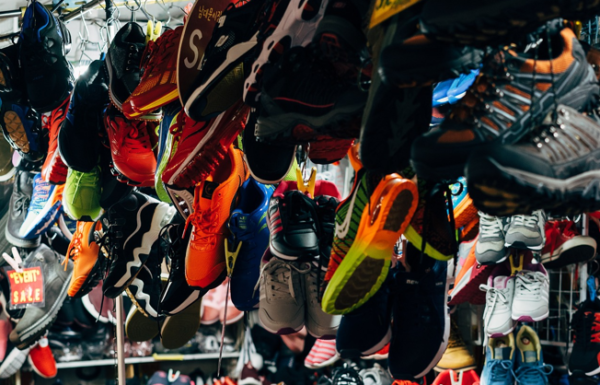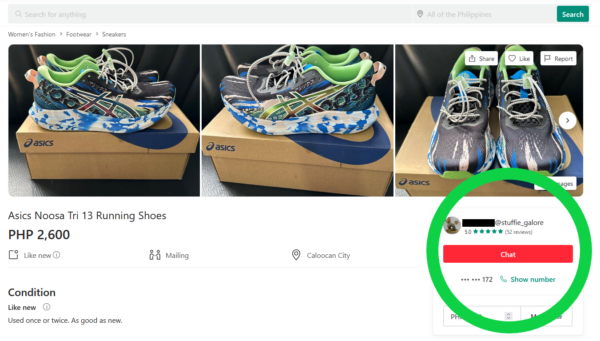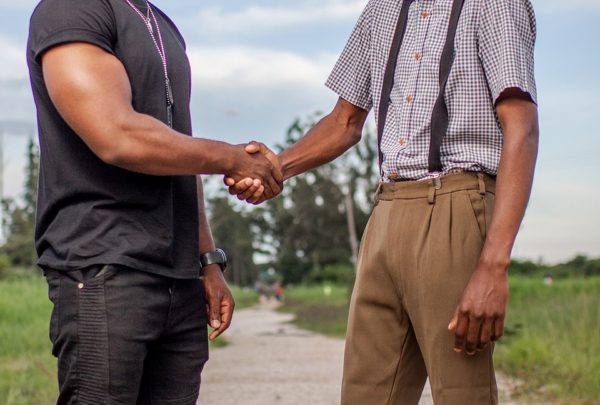How to Buy Used Running Gear Online and Not Get Scammed
Are you an avid runner looking to upgrade your gear without breaking the bank? Online shopping offers a treasure trove of used running gear, promising top-notch quality at a fraction of the cost. But there’s a catch – the lurking risk of scams.
The online marketplace is also rife with pitfalls – from counterfeit items to sellers who vanish after payment. Understanding these risks transforms you from a potential victim to an informed buyer.
Dive into our comprehensive guide and embark on your journey to make savvy, secure purchases today.
Common Scams for Used Running Gear
When hunting for used running gear, be aware of common scams. Some sellers advertise high-quality gear but deliver fake or low-grade items. Worse, they might take your money and not send anything. The bait-and-switch scam is common too. Here, the seller advertises a top-notch product but sends a lower-quality one. Stay alert for deals that seem too good to be true. They often are.

How to Prevent Getting Scammed
Keeping safe while purchasing used running gear takes smart steps. If you don’t want to get scammed, follow these crucial tips:
1. Research the Item
Before committing to any second-hand running item, do your research. Understand the brand, model, and what it generally costs. This knowledge helps you identify unrealistic deals. It also empowers you in negotiations, ensuring you pay a fair price.
2. Check Their Profile
A seller’s profile offers valuable insights. Check how long they’ve been active and their overall customer feedback. A seller worth trusting usually has positive reviews and a history of sales. Be cautious with new accounts or sellers with minimal feedback.

3. Inquire About the History of the Item
Knowing the backstory of a second-hand running item is crucial. Find out how long the previous owner used it and why they’re selling it. These details can shed light on the item’s condition and whether it’s a good buy.
4. Always Read the Comments
Comments and reviews provide a wealth of information. They offer glimpses into the seller’s reliability and the quality of their goods. Previous buyers often share their experiences, good and bad. This feedback is invaluable in assessing whether you should proceed with a purchase.

5. Have Someone Vouch for the Seller
A personal recommendation for a seller adds a layer of confidence. If a friend or someone from your running community has had a positive experience with the seller, that’s a positive sign. Knowing someone else has successfully transacted with them can be reassuring.
6. Arrange for a Short Video Call
A video call with the seller is a powerful tool. It allows real-time inspection of the item and the opportunity to ask direct questions. You can assess the gear’s condition and confirm it aligns with the advertised description.

7. Ask for Proof of Purchase
Proof of purchase is essential, especially for costly items. It could be a receipt or document showing the item’s origin and purchase date. This step is vital to avoid counterfeit gear, ensuring you get genuine, quality equipment.
8. Meet in Public Places for Local Transactions
For in-person transactions, always opt for public settings. Safe spots include coffee shops, public parks, or even fast-food restaurants. This ensures safety for both parties and allows you to inspect the gear in an unbiased environment.

Safeguarding Your Passion and Pocket
Becoming a savvy shopper in the online world of used running gear means being informed, cautious, and proactive. By employing these tips, you can dodge scams, secure genuine items, and continue your running journey confidently and safely. Embrace the thrill of the hunt and the joy of a great find, knowing you’re fully equipped to make the best choices.
Related Posts
About The Author
Adrian John Ladaga
Adrian started running in 2012 and instantly fell in love with the sport. He now frequents local road and trailrunning events. For him running is simple: "you take one foot in front of another and repeat the process over and over again." You can catch him running in Roxas Boulevard and SM MOA area. When not on his running kicks, he steps in the shoes of a content writer and Search Engine Optimization (SEO) expert.